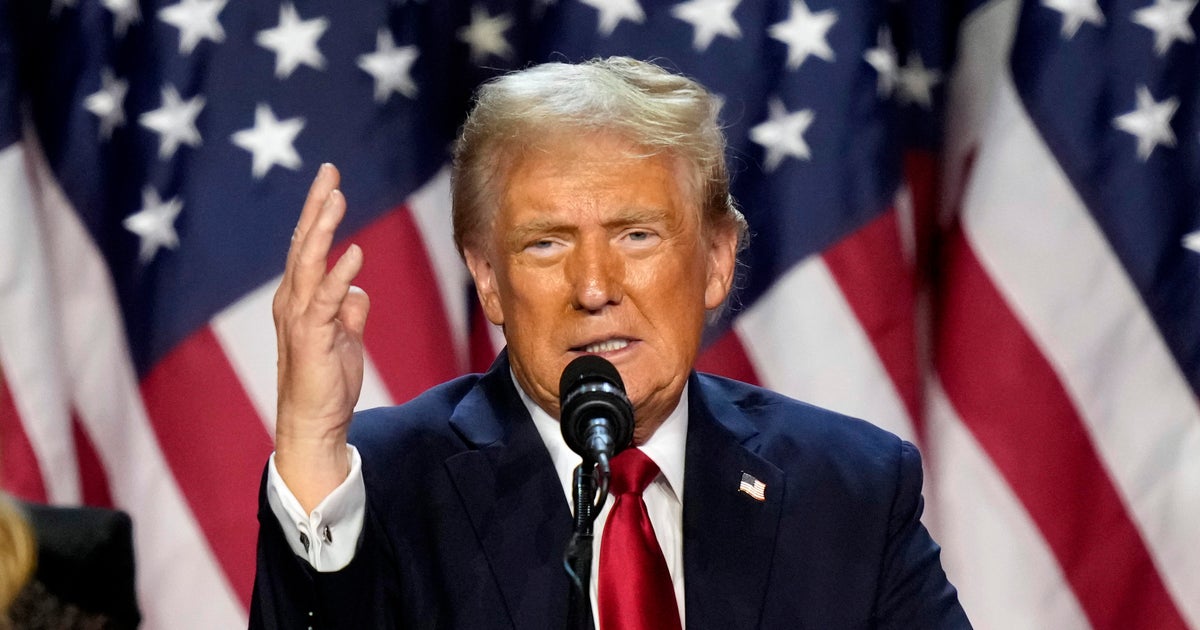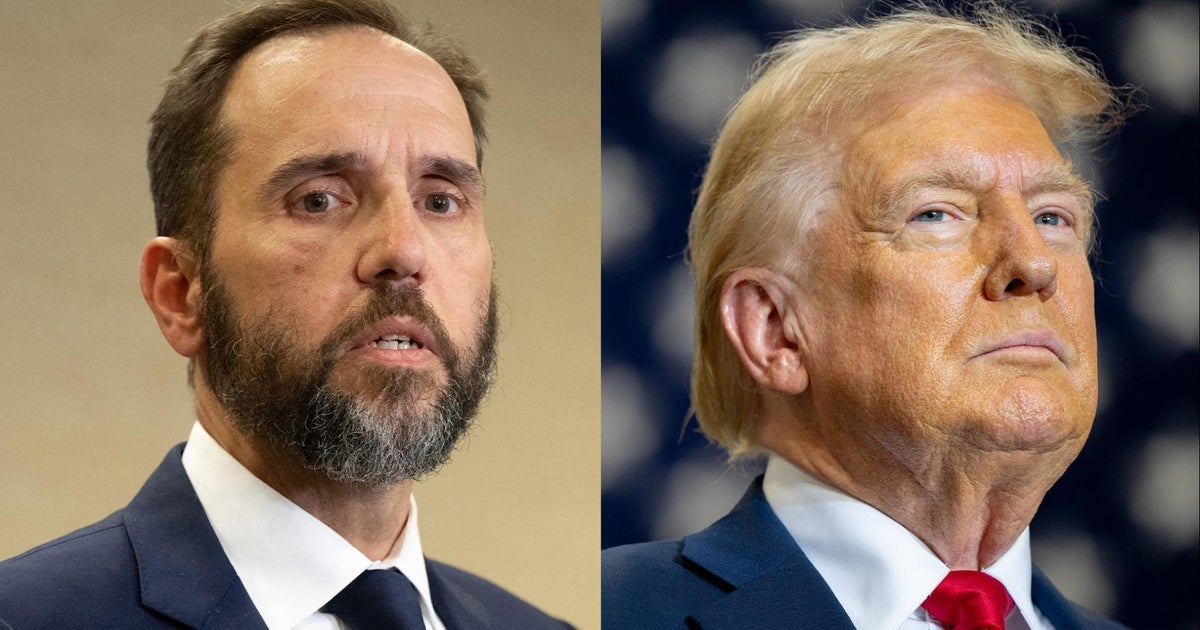Kamala Harris announces presidential candidacy
With reporting by Ed O'Keefe
California Sen. Kamala Harris is throwing her hat into the Democratic primary for president, bypassing the formal exploratory stage and going all-in. Harris made it official Monday with a social media video that also introduced her campaign slogan: "For the people."
"I'm running for president," she said in a Twitter post. "Let's do this together."
Harris is the third U.S. senator and the fourth woman to join the 2020 fray. She is also the first African-American candidate to enter the race, and her campaign rollout speaks to that significance: Her announcement comes on Martin Luther King Jr. Day, and her campaign logo was inspired by Shirley Chisholm, the first black woman to run for president nearly five decades ago.
"Truth. Justice. Decency. Equality. Freedom. Democracy. These aren't just words. They're the values we as Americans cherish. And they're all on the line now," Harris says in her campaign video. "The future of our country depends on you and millions of others lifting our voices to fight for our American values. That's why I'm running for president of the United States. I'm running to lift those voices. To bring our voices together."
Harris will host an official campaign kickoff rally Jan. 27 in Oakland, California. Her campaign headquarters will be based in Baltimore, with a second location in Oakland.
Harris is finishing up a book tour where she has been road-testing potential campaign themes. She had said she would make a decision about running after consulting with family during the winter holiday. And her campaign will be family affair: her sister Maya Harris, who was an adviser to Hillary Clinton's 2016 presidential campaign and served as the executive director of the ACLU of Northern California, will serve as Harris' campaign chair.
In December, Harris hinted that a campaign could be imminent and acknowledged the challenges ahead. "Let's be honest. It's going to be ugly," Harris said at the Know Your Value conference in San Francisco. "When you break things, it is painful. And you get cut. And you bleed."
Elected to the U.S. Senate in 2016, Harris has quickly made a name for herself in the upper chamber, seizing her perch on the Judiciary Committee as a national platform for issues related to the Supreme Court, criminal justice reform, and immigration. In October, she unveiled new tax legislation aimed at the middle class to give families up to $6,000 a year in refundable tax credits, which she will likely highlight on the 2020 campaign trail. And she spent much of the 2018 midterm election cycle campaigning for colleagues around the country and building a network of candidates.
But her experience as a prosecutor could help set her apart from other candidates and provide a clear contrast with President Trump, whose administration is at the center of multiple investigations. Harris served as district attorney of San Francisco before being elected as California's attorney general--the first African-American and woman to serve in that post. She is expected to invoke her experience in that post on the campaign trail, in particular, pointing to lawsuits she brought against banks in light of the mortgage crisis and against for-profit colleges for predatory practices. Her prosecutorial record, however, will also come under scrutiny as she pursues the nomination. There has already been some criticism of that record, including an op-ed written in the New York Times questioning her credentials as a "progressive prosecutor."
Harris brings additional diversity to the field, as the daughter of immigrants from India (her mother) and Jamaica (her father). Harris also identifies as the first South Asian-American senator in history, according to her Senate website.
Harris could also have a geographical advantage, as California is moving its primary up to March 3, 2020. The Golden State figures to play an outsized role in helping to determine the Democratic nominee for president, compared to previous elections in which the state voted much later in the cycle when fewer candidates remained in the running. Harris has won three statewide elections in California, giving her a potential leg up over opponents planning to compete in the vast and expensive state.




